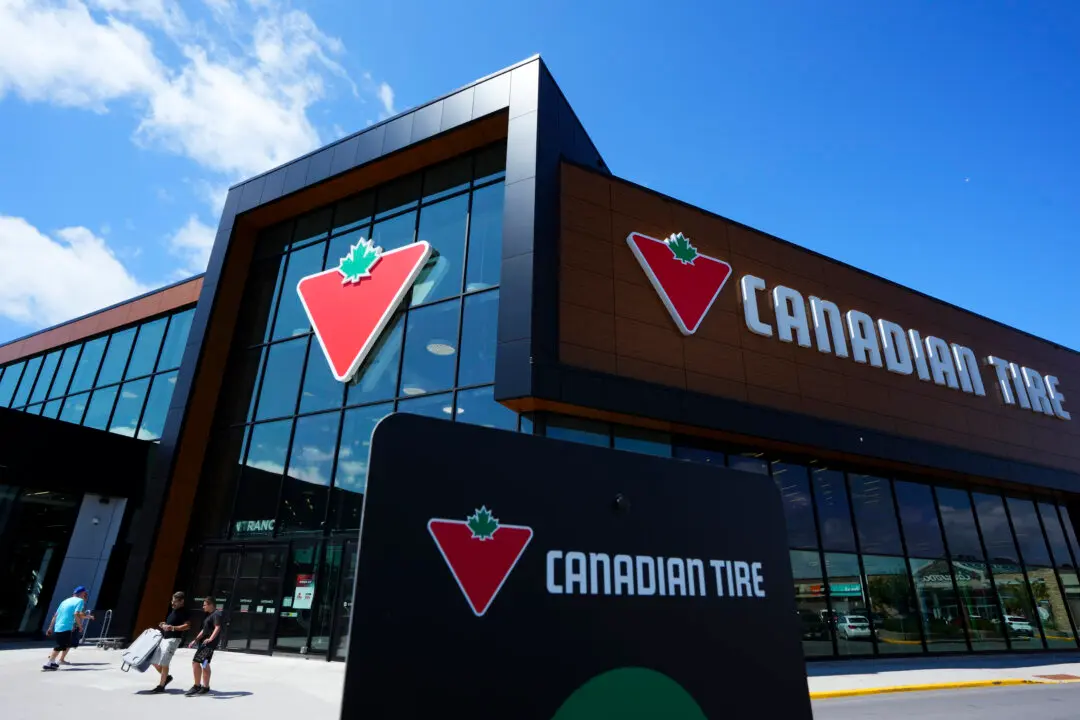Canada’s federal government urged Canadians abroad to return home while they still have a chance as countries around the world impose ever-tighter travel restrictions in a bid to curb the spread of COVID−19, the disease the coronavirus causes.
Word from Global Affairs Canada came on Saturday as Canadians traveling in Europe scrambled to book flights ahead of looming border closures in many European Union countries.





